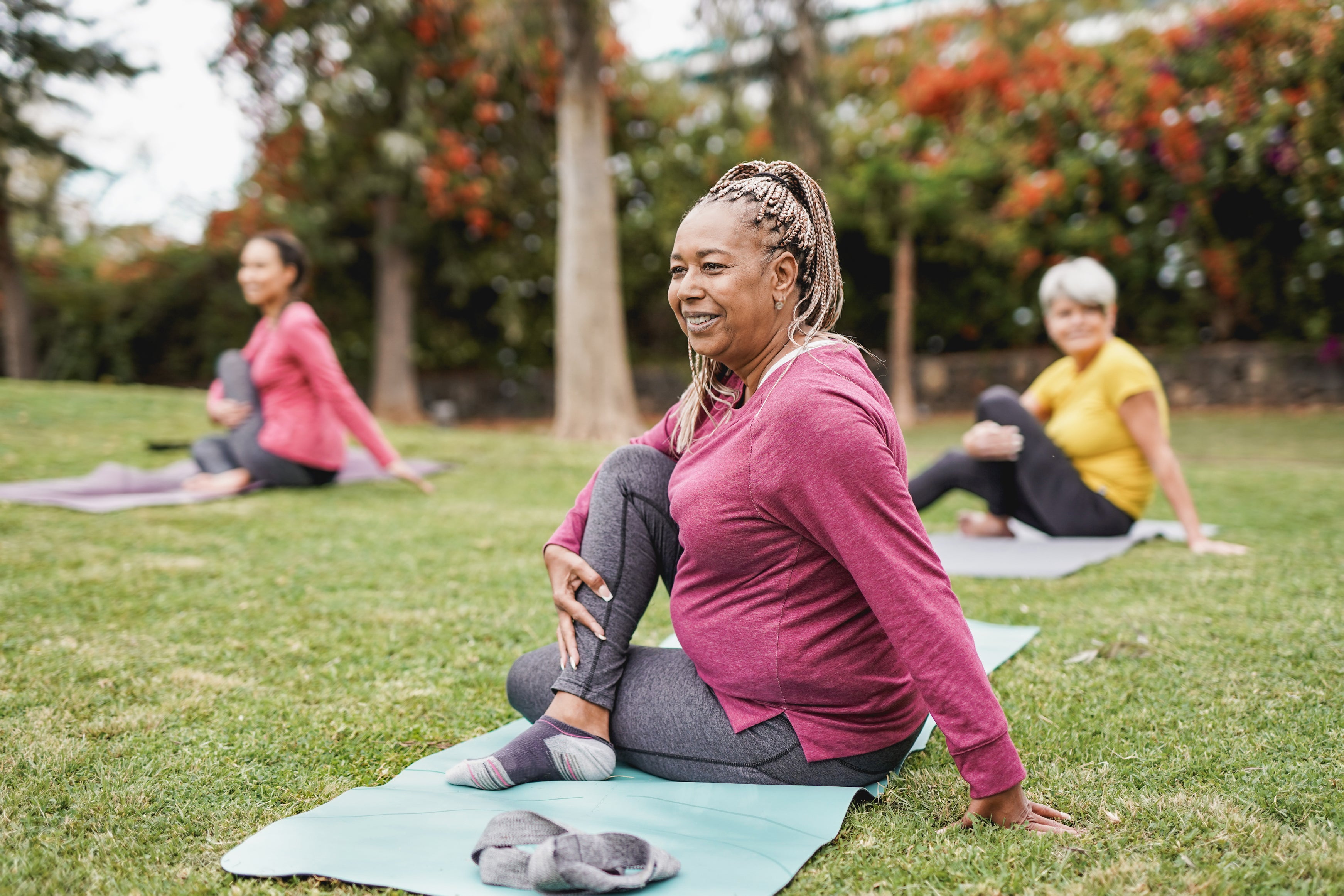‘Strong evidence’ that exercise cuts breast cancer risk, study finds
Less sedentary time decreases likelihood of the disease, research suggests

Your support helps us to tell the story
From reproductive rights to climate change to Big Tech, The Independent is on the ground when the story is developing. Whether it's investigating the financials of Elon Musk's pro-Trump PAC or producing our latest documentary, 'The A Word', which shines a light on the American women fighting for reproductive rights, we know how important it is to parse out the facts from the messaging.
At such a critical moment in US history, we need reporters on the ground. Your donation allows us to keep sending journalists to speak to both sides of the story.
The Independent is trusted by Americans across the entire political spectrum. And unlike many other quality news outlets, we choose not to lock Americans out of our reporting and analysis with paywalls. We believe quality journalism should be available to everyone, paid for by those who can afford it.
Your support makes all the difference.There is “strong evidence” that regular exercise is likely to reduce the risk of breast cancer, scientists have said.
New research suggests there is a clear cause-and-effect relationship between exercise and a lower chance of breast cancer.
A study published in theBritish Journal of Sports Medicine found “strong evidence that greater levels of physical activity and less sedentary time are likely to reduce breast cancer risk, with results generally consistent across breast cancer subtypes”.
Researchers used a genetic prediction technique called Mendelian randomisation to strenghen previous evidence which showed that exercise reduces the risk of breast cancer.
For the new study, experts included data from 130,957 women of European ancestry including 69,838 had tumours that had begun to spread, 6,667 who had tumours that had not yet done so and a comparison group of 54,452 women without breast cancer.
Their results showed that increased overall activity was associated with about a 40 per cent lower risk of breast cancer, while vigorous activity on three or more days a week was associated with a similar reduced risk of pre or perimenopausal breast cancer.
Being sedentary, on the other hand, was associated with a higher risk of some types of breast cancer.
The team, including experts from the University of Bristol, concluded: “Our study provides strong evidence that greater overall physical activity, greater vigorous activity, and lower sedentary time are likely to reduce breast cancer risk.
“More widespread adoption of active lifestyles may reduce the burden from the most common cancer in women.”

There are about 55,900 new breast cancer cases in the UK every year, making it the country’s most common cancer.
Drinking too much alcohol, being overweight or obese and old age all increase the risk of breast cancer.
Dr Kotryna Temcinaite, senior research communications manager at Breast Cancer Now, said: “One woman is diagnosed with breast cancer in the UK every 10 minutes and if nothing changes this will rise to one woman every eight minutes in the next 10 years, so we urgently need to find new ways to prevent people from developing this devastating disease.
“While many factors can affect how likely someone is to be diagnosed, we already know that being physically active is linked to a lower chance of developing breast cancer.
“By looking at people who may be genetically predisposed to having different physical activity levels, this innovative study further strengthens existing evidence of the importance of reducing the time we spend sitting and increasing the amount of time we spend moving to lower breast cancer risk.
“Maintaining a healthy weight, limiting alcohol intake and being as active as possible, can all help reduce the risk of developing the disease.
“This research highlights how vital it is that we support people to start making small, healthy lifestyle changes that can positively impact their health and help lower their risk of breast cancer.”



Join our commenting forum
Join thought-provoking conversations, follow other Independent readers and see their replies
Comments